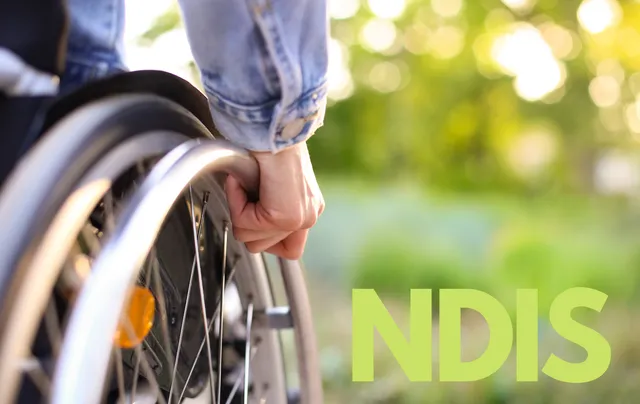
Buyouts can bring relief from medical debt, but they’re far from a cure
In the United States, the burden of medical debt weighs heavily on millions of individuals and families. As healthcare costs continue to rise, many find themselves overwhelmed by medical bills, struggling to make ends meet. For some, relief comes in the form of buyouts, where debts are purchased by third-party investors at discounted rates. While buyouts can provide immediate relief, they are far from a cure for the systemic issues plaguing the healthcare system.
Medical debt is a pervasive issue in the U.S., affecting individuals from all walks of life. Even those with health insurance can find themselves facing substantial out-of-pocket expenses, from copayments and deductibles to uncovered procedures and treatments. The financial strain of medical debt can have far-reaching consequences, leading to bankruptcy, damaged credit, and a cycle of poverty for many families.
Buyouts, also known as debt sales or debt settlements, offer a lifeline to those drowning in medical debt. In a typical buyout scenario, investors purchase bundles of medical debts from healthcare providers or debt collectors at a fraction of their face value. This allows providers to recoup some of their losses while providing debtors with the opportunity to settle their debts for less than the original amount owed.
For debtors, buyouts can provide much-needed relief from the relentless pressure of medical bills. By negotiating settlements with investors, individuals may be able to significantly reduce the amount they owe, sometimes by as much as 50% or more. This can free them from the burden of debt collection calls, legal threats, and garnished wages, offering a sense of financial stability and peace of mind.
However, while buyouts offer temporary respite, they do little to address the root causes of medical debt in the U.S. One of the primary drivers of medical debt is the high cost of healthcare itself. From routine check-ups to emergency procedures, the price of medical services in the U.S. far exceeds that of other developed countries. Without meaningful reform to control healthcare costs, individuals will continue to face insurmountable medical bills, regardless of whether their debts are bought out or not.
Furthermore, the structure of the healthcare system itself contributes to the proliferation of medical debt. Despite the passage of the Affordable Care Act (ACA) in 2010, millions of Americans remain uninsured or underinsured, leaving them vulnerable to exorbitant medical expenses. Even those with insurance coverage may find themselves facing unexpected gaps in their plans, such as high deductibles or limited coverage for certain treatments.
In this environment, buyouts serve as a Band-Aid solution rather than a cure. While they may provide temporary relief for individual debtors, they do little to address the systemic issues driving medical debt. Without comprehensive healthcare reform, including measures to expand access to affordable insurance coverage and control healthcare costs, the cycle of medical debt will continue unabated.
Moreover, the practice of debt buyouts is not without its drawbacks. Critics argue that by purchasing debts at discounted rates, investors profit off the financial misfortune of others. Additionally, the debt settlement process can be complex and opaque, leaving debtors vulnerable to predatory practices and scams. Some debt buyers may engage in aggressive tactics to coerce debtors into accepting unfavorable settlement terms, further exacerbating their financial distress.
Furthermore, settling medical debts through buyouts can have long-term consequences for debtors’ credit scores and financial futures. While a settled debt may provide immediate relief, it can remain on a debtor’s credit report for years, making it difficult to obtain loans, credit cards, or housing in the future. In some cases, debtors may be required to pay taxes on the forgiven portion of their debts, further complicating their financial situation.
To truly address the issue of medical debt in the U.S., policymakers must pursue comprehensive reforms aimed at expanding access to affordable healthcare and reducing the financial burden on individuals and families. This could include measures such as a public option for health insurance, caps on out-of-pocket expenses, and increased regulation of medical billing practices.
In the meantime, while buyouts may offer temporary relief for those struggling with medical debt, they are far from a cure for the underlying problems facing the healthcare system. Without meaningful reform, the cycle of medical debt will persist, leaving millions of Americans vulnerable to financial instability and hardship.

